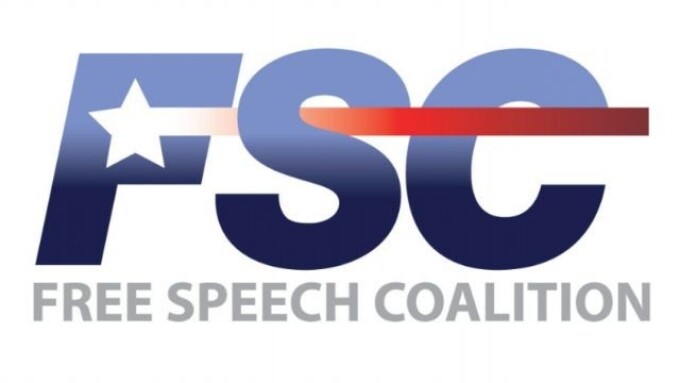PHILADELPHIA — The 3rd U.S. Circuit Court of Appeals today granted a full-panel review of the Free Speech Coalition’s appeal in its longtime legal fight challenging the legality of 18 U.S.C. §§2257 and 2257A — the federal record-keeping laws for adult producers.
With the full-panel review, the FSC is banking on a possible game-changer for the adult industry — a recent U.S. Supreme Court ruling in Reed vs. Town of Gilbert, Ariz. — that could interpret the legality of the laws differently and possibly dismantle the existing statutes.
The FSC filed a motion to rehear its appeal after high court rulings in June in Reed vs. Town of Gilbert, as well as City of Los Angeles vs. Patel.
In May, a three-judge 3rd Circuit panel left intact the core of the record-keeping regulation's tenets for producers of sexually explicit content with the exception of warrantless inspections of records. The 3rd Circuit in its ruling said that 2257, for the most part, was "narrowly tailored" and, therefore, constitutional.
In its reply to the government’s response over rehearing, the FSC said that the Justice Department claims the statutes “are designed to forestall an especially pernicious secondary effect of the production and distribution of sexually explicit speech — namely the sexual exploitation of minors.”
“But the sexual exploitation of minors is not a secondary effect of constitutionally protected expression depicting adults,” the FSC said in an opposing brief.
FSC attorneys wrote that under Reed vs. Town of Gilbert, the challenged statutes are content-based regulations of speech subject to review under strict scrutiny and that a once-guiding case, Renton vs. Playtime Theatres Inc., does not survive Reed.
Strict scrutiny presumes a law to be invalid unless the government can prove the law's constitutionality and demonstrate a compelling governmental interest in keeping it.
The government argued in its opposition that the recent decision in Reed does not affect the continued authority of a secondary-effects doctrine under Renton vs. Playtime Theatres, which makes operators subject to intermediate scrutiny — or regulation that does not directly target speech but has a substantial impact on a particular message.
Renton aimed at the adverse secondary effects of crime and blight said to be caused by the constitutionally protected speech offered by adult bookstores and theaters, which were then reviewed under intermediate scrutiny, rather than strict scrutiny.
“That premise has no application here,” the FSC attorneys wrote.
“Throughout the course of this litigation, the government has consistently argued that the challenged statutes were content neutral because they were not enacted as a result of any ‘disagreement with the message [the speech] conveys,’ but rather were adopted to ‘achieve a purpose unrelated to the content of the speech,’” the FSC attorneys wrote in their response. “Therefore, the government argued, intermediate scrutiny applied. This court agreed with that position.
“But under Reed vs. Town of Gilbert, Ariz., that rationale no longer supports review of 18 U.S.C. §§ 2257, 2257A under intermediate scrutiny.”
At post time, it was not determined when the 3rd Circuit’s full panel would rehear the case.








